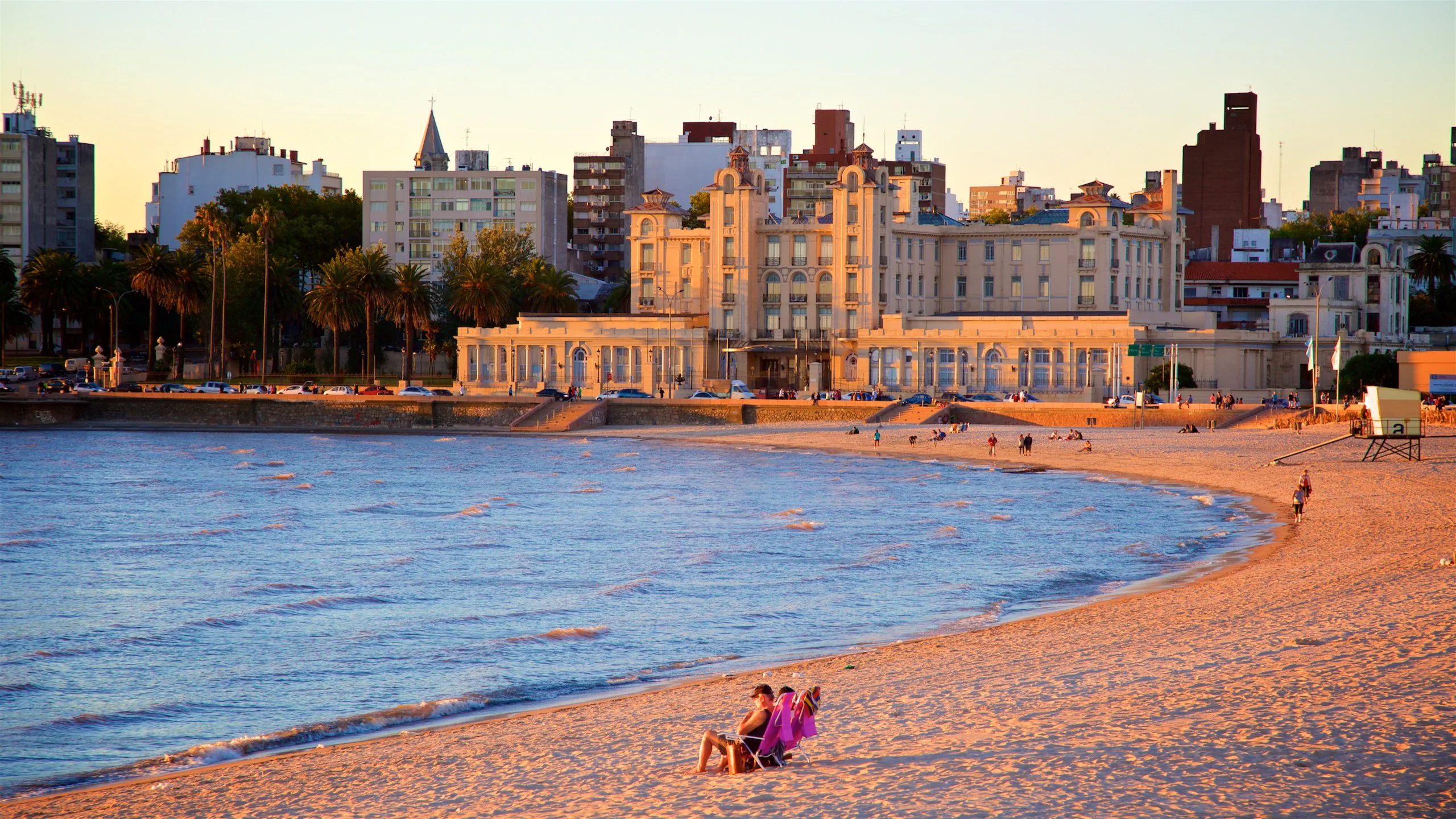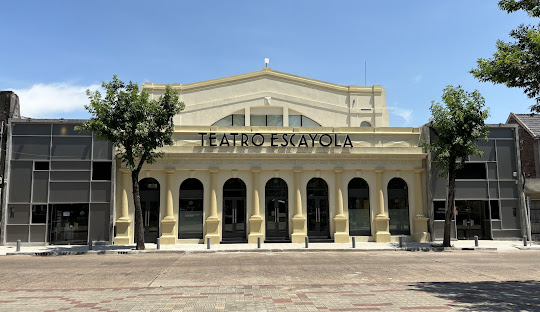



About
Tacuarembó is the capital city of the Tacuarembó Department in north-central Uruguay. Wikipedia
Spring (September–November) – Mild, blooming landscapes, great for festivals and rural drives.
Summer (December–March) – Warm and lively; good for outdoor activities but can get hot.
Autumn (April–May) – Pleasant weather and fewer crowds; great for scenic drives.
Winter (June–August) – Cool and quiet; great for cozy stays, though rural areas may be misty or damp.
From Montevideo:
~5.5–6.5 hours by car via Ruta 5 north.
Buses (e.g., Agencia Central) run regularly to Tacuarembó city, the department capital.
From Rivera or Salto:
Around 2–3 hours by road.
Getting around: Best by car. The city is walkable, but renting a car or hiring a guide is ideal for visiting rural and natural sites.
Carlos Gardel Museum – Dedicated to the tango legend; Tacuarembó claims him as a native son.
Plaza 19 de Abril – Main square with cafés, churches, and relaxed city vibes.
Museo del Indio y del Gaucho – Highlights indigenous Charrúa culture and rural gaucho traditions.
Parque Rodó – Green park for walks, picnics, and local gatherings.
Cathedral of San Fructuoso – Beautiful neo-Gothic architecture.
Tacuarembó is Uruguay’s gaucho heartland — horsemen, traditional dress, and country music are part of daily life.
Attend a jineteada (rodeo-style horseback event) or gaucho parade if you visit in March.
Valle Edén – A gorgeous valley ~20 km from Tacuarembó, with trails, rivers, and Carlos Gardel sites. Great for hiking, horseback riding, and photography.
Pozo Hondo – A hidden waterfall and natural pool surrounded by native forest.
Balneario Iporá – A tranquil lake and recreational area ideal for swimming, camping, and relaxing.
Gruta de los Helechos (Fern Cave) – A short trail leads to this serene cave full of ferns and moss.
Explore gaucho festivals – Especially the Festival de la Patria Gaucha in March — one of Uruguay’s biggest cultural events.
Horseback riding – Through countryside trails and rural estancias.
Tango & folklore music – Local bars and events celebrate regional styles.
Visit wineries or farms – Taste artisanal cheeses, charcuterie, or Tannat wine.
Trekking and photography – Especially around Valle Edén and Pozo Hondo.
Swim or picnic at local rivers and balnearios in summer.
In Tacuarembó City:
Hotel Ford, Hotel Carlos Gardel, Hotel Oriental, San Gregorio Hotel Boutique
Rural estancias and cabins:
Rustic stays with full-board options, horseback tours, and gaucho immersion (check places near Valle Edén).
Camping:
Available at Balneario Iporá and other nature sites.
Typical cuisine:
Grilled meats (asado), cazuela de cordero (lamb stew), empanadas, guava with cheese (dulce y queso)
Local favorites:
Parrillada El Rancho, Restaurante La Casona, La Tertulia Café, La Rueda
Local products:
Artisanal cheeses, charcuterie, honey, and dulce de leche
Mate drinking – A daily ritual everywhere from plazas to ranches.
Deep-rooted in gaucho identity, folklore, and Uruguayan nationalism.
Music includes milonga, tango, and payadores (improvised poetic singers).
Home to one of the country’s most vibrant cultural festivals (Patria Gaucha).
Slower pace of life, strong family and rural values, with pride in tradition.